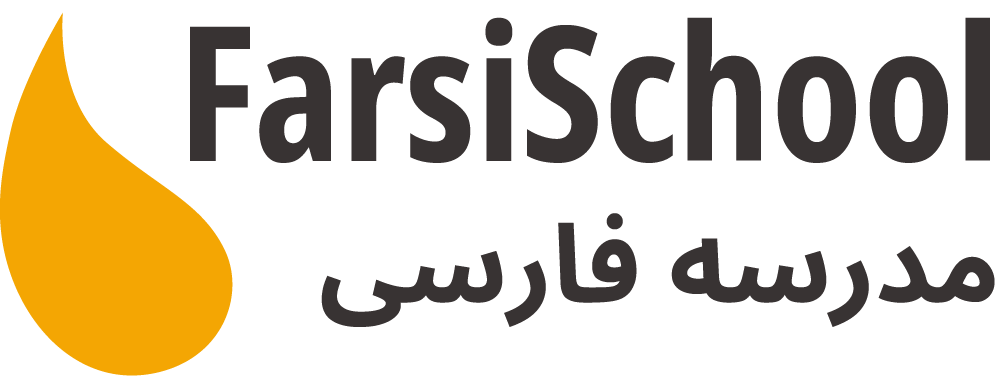Back to the wordadverb آنجا / ânjâ
adverb آنجا / ânjâ
کره خر و مادرش با هم رشد کردند و راه های زیادی را برای کنار هم زندگی کردن پیدا کردند. کم کم، همه ی اطرافیانشان، دیگر خانواده ها در انجا شروع به زندگی کردند.
korre xar va mâdareš bâ ham rošd kardand va râh hâ-ye ziyâdi râ barâye kenâre ham zendegi kardan peydâ kardand. kam kam، hame -e atrâfiyânešân، digar xânevâde hâ dar ânjâ šoru' be zendegi kardand.
The donkey child and his mother have grown together and found many ways of living side by side. Slowly, all around them, other families have started to settle.
 Dictionary
Dictionary